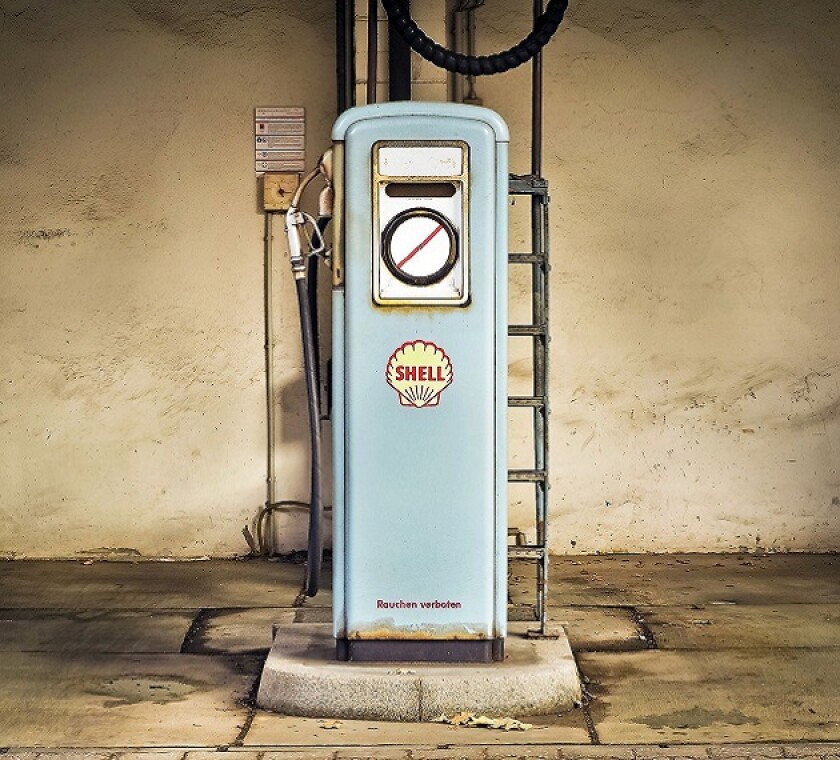It is a well-known fact that the fuel supply chain faces many challenges in Latin America. The Mexican tax administration (MTA) has launched an electronic control system to track the delivery of fuel on the supply chain, right from the stage of import operations or production facilities, through until the stage where it reaches processing stations, transportation and finally fuel stations.
The mechanism considers wide-ranging sources of information transmitted to the authorities via well-known electronic invoices, and additional volumetric hardware and software that will send electronic data to the tax office in real time.
The control system components are as follows:
1. Updates in electronic invoices:
a. Individual operations (elimination of global invoice for fuel);
b. Appendix 11; and
c. New hydrocarbon addendum.
2. Volumetric control (required by tax authorities):
a. Certification of hardware and software for volumetric control vendors;
b. Certification of hardware and software operation auditors; and
c. Certification of quality labs.
3. Other controls (Energy Regulatory Commission)
Changes to electronic invoices standards
The tax authority has made huge investments across different projects to keep technology levelled up in recent years. Electronic invoices are mandatory in Mexico since 2014, and for every single operation that needs support, you must ask for an electronic invoice. However, in the case of a retailer, you can choose to issue a ‘global invoice’ at the end of each day to support all the sales if the customers did not ask an individual invoice.
This scenario is about to change for the fuel industry. Fuel retailers must now issue an electronic invoice for each transaction in real time, even if the client does not ask for one. This way, the tax administration can monitor all operations.
Additionally last year, the MTA released specific guidelines to make information inside the electronic invoice easier to read. For example, there had been only one classification code to classify car fuel. Now, there are a number of different categories to specify the quality. Moreover, you are now required to keep a unique ID for every issued invoice adding the commercialisation permit ID (for a detailed description of fields, look at the document Electronic invoices guidelines: Appendix 11).
Another important component of the new electronic invoice is the so-called ‘hydrocarbon addendum’. The addendum is a new section in the XML file. The detail structure and data fields that the addendum should include has not yet been released in the official invoice specification web site as of February 2021. However, it can be assumed it will contain information about the permit holder ID, quality certificates, transport methods and volumetric controls certificates, among other matters.
Volumetric control: The major modernisation
This concerns a major modernisation on the process of purchasing fuel. The MTA have released the legal framework, but information is still awaited on the certification of vendors and the implementation of hardware and software.

The schema considers three types of certified entities:
a. Hardware and software for volumetric control vendors;
b. Hardware and software operation auditors; and
c. Quality labs.
Any entity that: produce, process, transport, store, distribute or sell any hydrocarbon product listed in rule 2.6.1.1 (Mexican Tax Regulation - RMF) will have to acquire the volumetric hardware and software from a certified vendor, then audit the operation and acquire the certification of product type and quality.
The specification of the software released by the MTA includes components that should transfer data to the MTA database in regular time intervals. Therefore, you need to make sure all information matches the e-invoices and other reports. The communication formats for these reports are JSON and XML. The XML specification has been confusing for the operators because the Mexican electronic invoices are generated in XML format, but the concept is very different.
Using this information, if, for example, MTA realises that you are selling more fuel than your purchases, it will raise red flags to your operation. The same thing happens with every mismatch, and it is theoretically possible because the producer, the transporter, the distributor, and everyone in the supply chain will be on board in the same system.
Other controls
The MTA is not the only organisation doing its part to monitor operations. There exists a similar database operated by the Energy Regulatory Commission (CRE).
The main report that permits holders should send to the CRE is the weekly purchases, sales, and inventory reports. You should consider all your operations, but it is not a transactional level report.
The SIRETRAC system should monitor every transaction. Due to some technical issues the system is not fully operational yet. The SIRETRAC system is currently working for natural gas and LP gas commercialisation.
Key takeaways
The control framework designed by tax authorities has been delayed many times, however businesses should take actions to be prepared for hardware and software implementations.
The digital transformation is happening very fast in the industry. It is very important for businesses to keep updated in new regulation. It can be expected that other jurisdictions will take the same steps in these matters, and it is known that top organisations should be fast to update their business processes.
Víctor Anaya Sánchez
Senior Manager, EY Mexico












